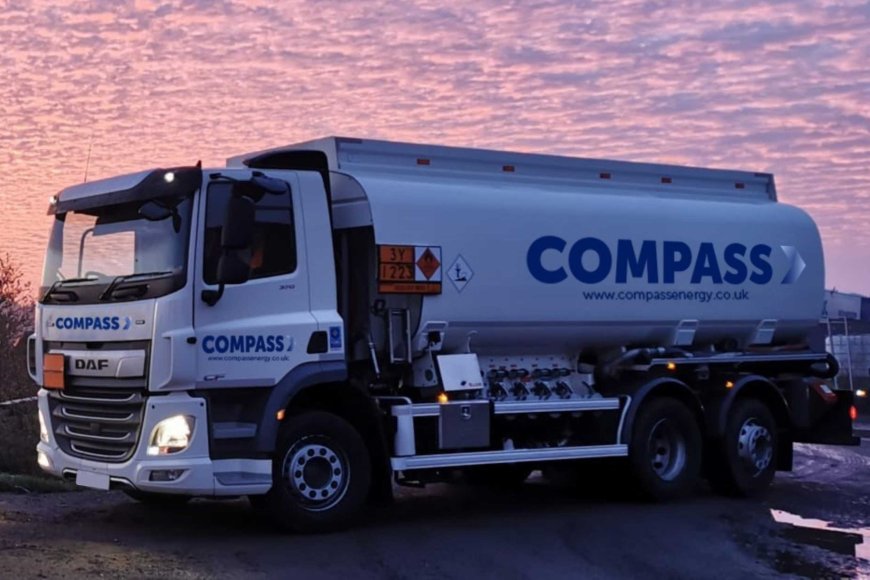Fuel Types in the UK: A 2025 Guide

As the UK moves toward a more sustainable future, the types of fuel powering vehicles are changing. From traditional petrol and diesel to electric and hydrogen, drivers now have several options to choose from. Each fuel type has its benefits, limitations, and role in the UK's transition to cleaner transport. Here's an overview of the mainfuel types in use today.

1. Petrol
Petrol is still one of the most common fuels in the UK. Most modern petrol cars use E10 petrol, which contains up to 10% ethanola renewable fuel source that helps reduce carbon emissions.
Pros:
-
Widely available
-
Cheaper cars to buy
-
Ideal for short trips and city driving
Cons:
-
Higher CO? emissions than other options
-
Less efficient than diesel
-
Petrol vehicles will no longer be sold new after 2035
2. Diesel
Diesel engines are more efficient than petrol and are often used in larger vehicles, such as vans and lorries. However, concerns about air pollution from diesel exhaust have led to tighter regulations.
Pros:
-
More miles per gallon than petrol
-
Better for long-distance travel and heavy loads
Cons:
-
Produces harmful nitrogen oxides (NOx)
-
Higher taxes and low-emission zone charges in cities
-
Being phased out for new sales by 2035
3. Electric Vehicles (EVs)
Electric vehicles run entirely on electricity stored in a rechargeable battery. They are central to the UKs clean transport plans and are rapidly growing in popularity.
Pros:
-
Zero emissions at the point of use
-
Lower running and maintenance costs
-
Increasing charging infrastructure across the UK
Cons:
-
Charging times can vary
-
More expensive to buy (though prices are falling)
-
Range may be limited in cheaper models
4. Plug-in Hybrids (PHEVs)
Plug-in hybrid vehicles use both an electric battery and a petrol or diesel engine. They can drive a short distance on electric power before switching to fuel.
Pros:
-
Flexibility for short electric trips and long journeys
-
Lower emissions than petrol or diesel alone
Cons:
-
Still rely partly on fossil fuels
-
Heavier and more complex systems
-
Need to be charged regularly to get the full benefit
5. Hydrogen Fuel Cell Vehicles
Hydrogen-powered vehicles generate electricity from hydrogen gas, emitting only water. They are still rare in the UK, but seen as a future solution, especially for buses and trucks.
Pros:
-
Zero emissions
-
Quick refuelling time
-
Long driving range
Cons:
-
Very limited refuelling stations
-
Expensive to produce and maintain
-
Technology still developing
Conclusion
The UK is heading toward a cleaner transport future. While petrol and diesel remain common, their role is shrinking as electric and hybrid vehicles become more popular. Hydrogen holds promise but is not yet widely used. Choosing the right fuel type depends on your needs, travel habits, and environmental goals. As technology and infrastructure improve, cleaner and more efficient fuel options will become the norm for drivers across the UK.































